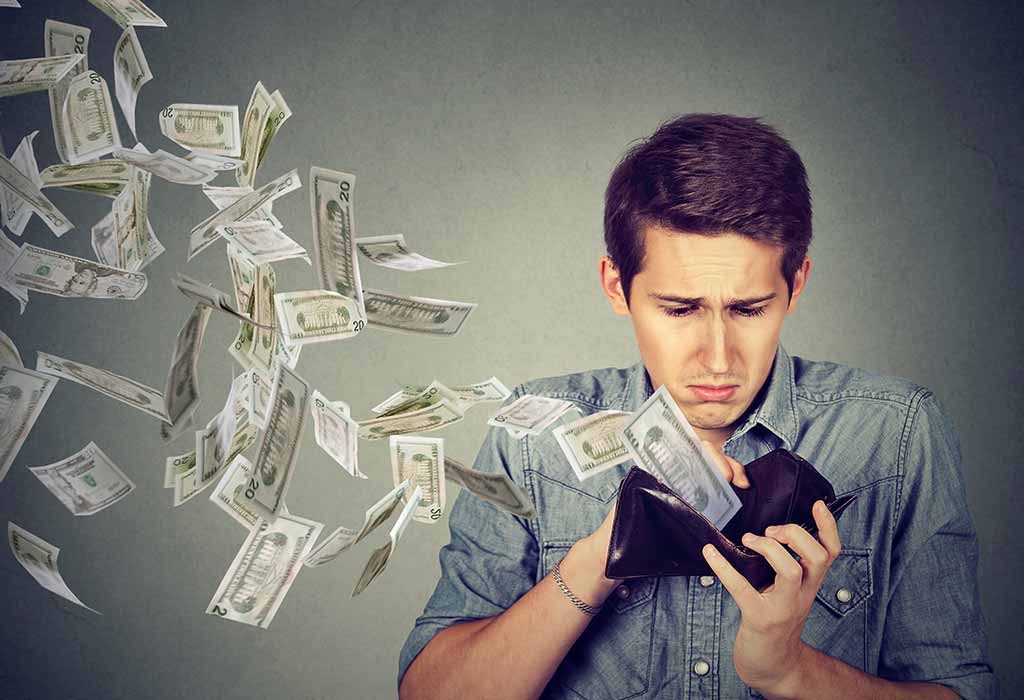
The Tourist's Guide to Avoiding Overcharging in Vietnam
- on Nov 1, 2023 By: Ngoc Tu DINH
Vietnam is a famous travel destination with rich culture, delicious cuisine and stunning landscapes at affordable prices. However, like many other countries, tourists have to face the situation of having to pay too high prices for products they buy from hotels, street vendors, taxis, hotels, souvenir shops... Below are some practical tips to help you protect your wallet during your stay in Vietnam.
Why are tourists getting overcharged?
Overcharging is a common phenomenon, especially in famous tourist destinations. Locals in these areas think tourists are rich and are an easy target for price gouging. Tourists are not familiar with the local language and currency and do not realize they are being overcharged, causing them to be taken advantage of. This situation happens every day in Vietnam, the hotel you stay at can charge more than 200% of the real price, and a street vendor in West Lake makes you pay 90,000 VND (~4$) for a baked potato that is ten times more than the actual price,....
Some tips to help you avoid overpaying:
Get a local travel companion
Book a tour with a reputable local travel company. This company will help you book air tickets, rent hotels as well and have a local guide accompany you who will take care of everything about the price. If not possible, you can find a local friend who knows about prices and has the ability to bargain.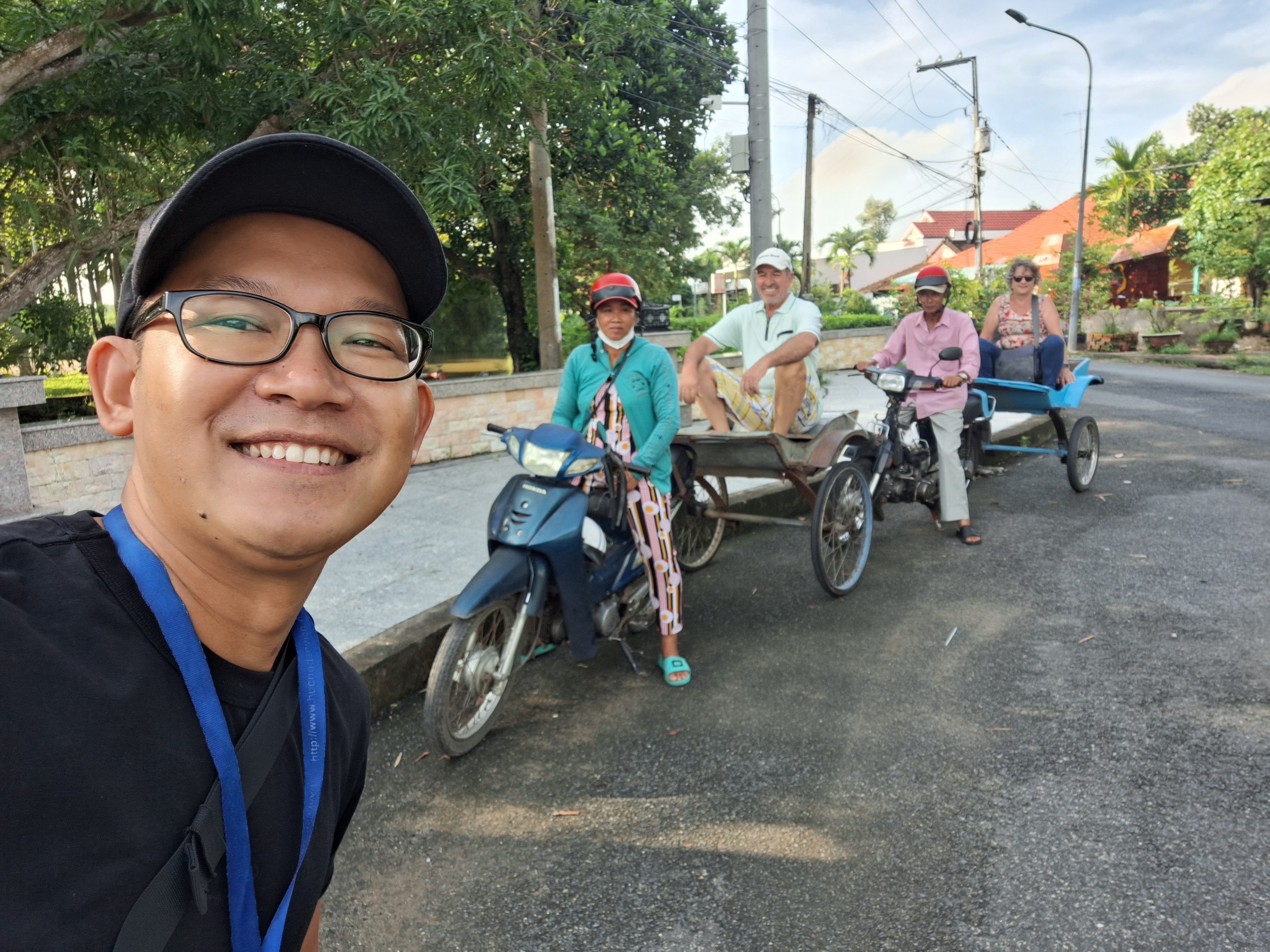
>> Read more : The advantages of traveling to Vietnam with a local agency
Use things with fixed price
Book taxi and transportation on apps like Be or Grab, to supermarkets where the prices are tagged on the product you're guaranteed to be getting local prices.
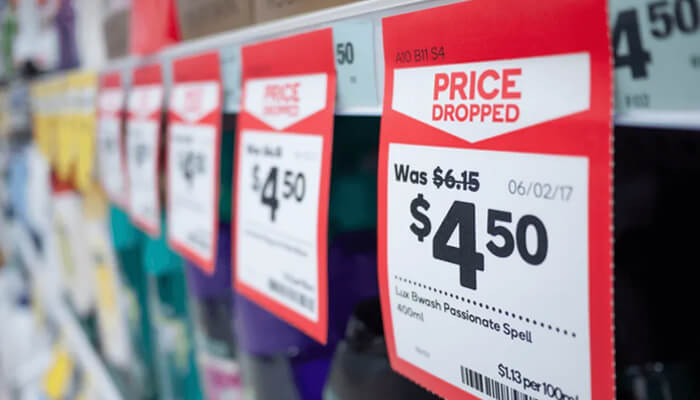
Bargaining
First, you should know where to bargain. In street vendors and markets where there are no fixed prices. When you go to a restaurant, you should ask the price before eating. And how to bargain? You should offer a discount of 2 to 3 times the price the seller gives you.
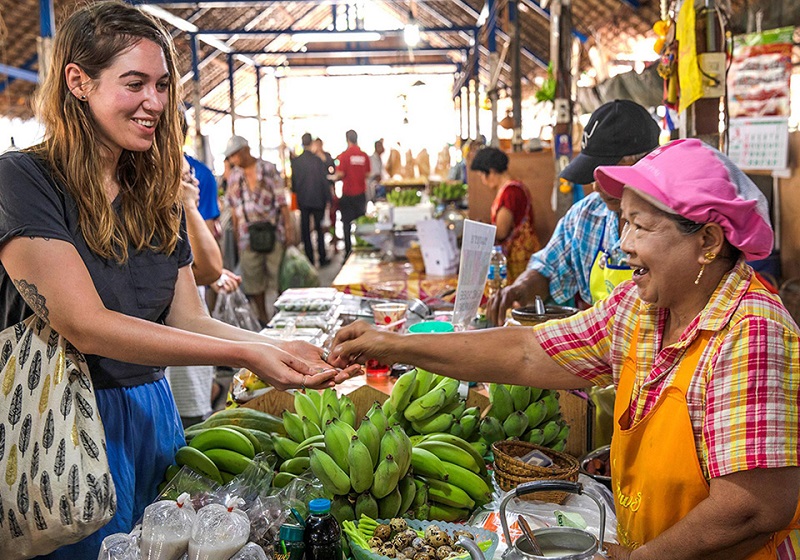
Avoid popular tourist spots
These tourist attractions are often overcrowded and very expensive. You can go to places where it's not too crowded and it's affordable. For example: Instead of going to Ha Long Bay where it is always quite crowded and quite expensive, you can go to Cat Ba with its beautiful hiking trail, mountain trek, and beaches at a cheaper price.
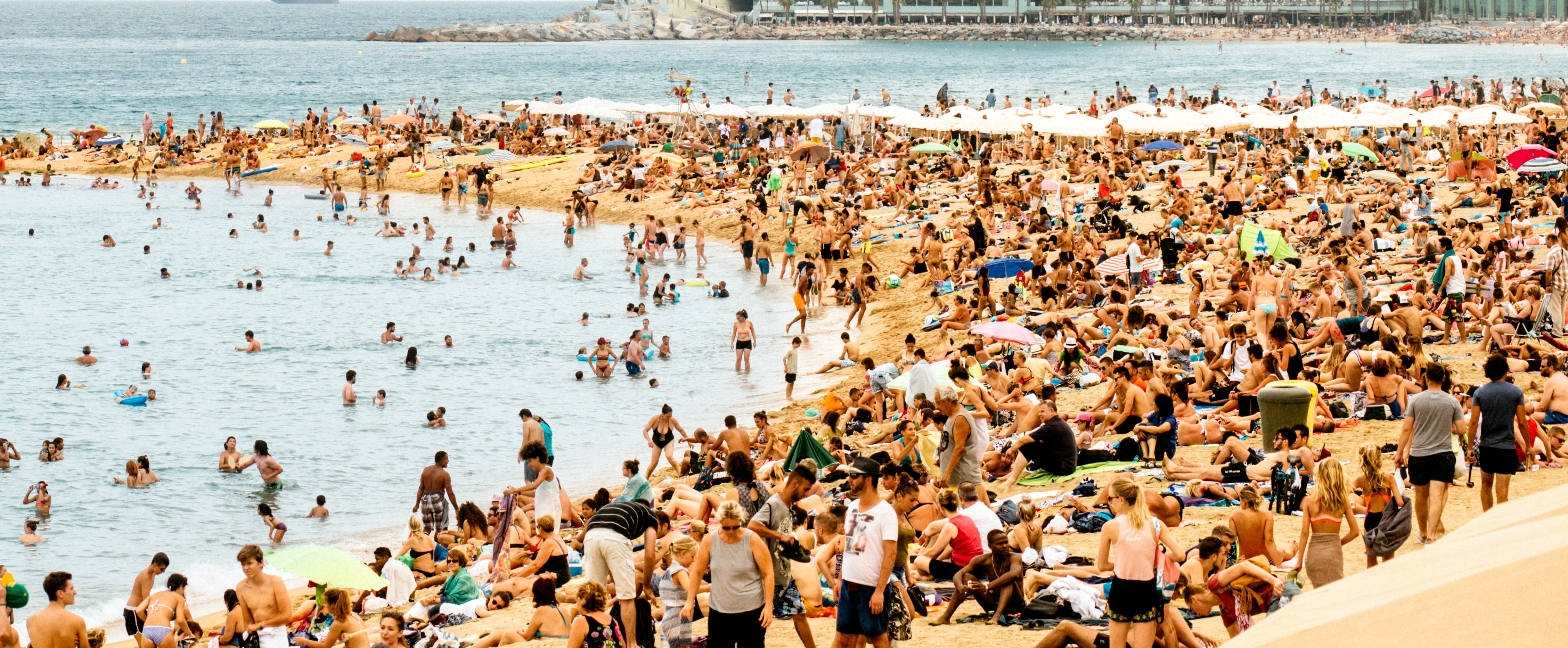
Pay in Vietnamese dong (VND)
You can exchange VND with other currencies (Euro, Dollar, or Pound) at banks, ATMs, or at the airport. Using currencies other than VND may result in overpriced prices.
When you encounter problems
Regarding the taxi: notorious for exorbitant prices. Ask the driver to turn on the meter if you are unsure of the estimated fare, attempt to find out beforehand what the fare will be, and utilize Google Maps to make sure you are not being taken for a ride (literally).
Menu items: It is unlikely, but you could be presented with the "tourist" menu and end up paying multiple times the going rate.
Changes of currencies: Change your money only in locations where the buy and sell rates are very slightly different. Try to deviate no more than 3% from the current exchange rate, which you must ascertain beforehand.
Related articles:
>> Vietnam tour 2024-2025: Where to go? Which itinerary? What to do? How many days?
 Español
Español Français
Français







.jpg)

.jpg)








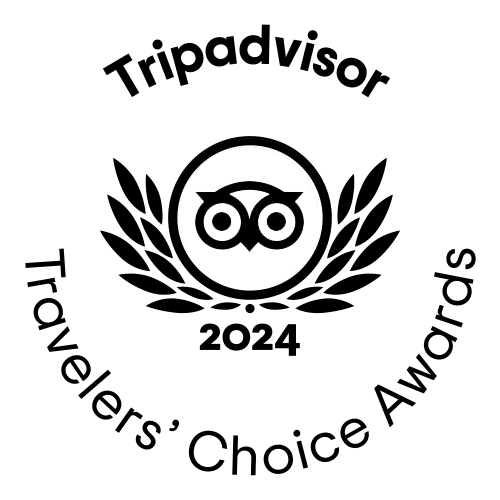

Morgane Ter Cock
on Dec 18, 2025HerbertPhomaMS
on Oct 19, 2025Lilyan Cuttler
on Oct 15, 2025Avenue17XC
on Sep 14, 2025Avenue18JL
on Jul 21, 2025